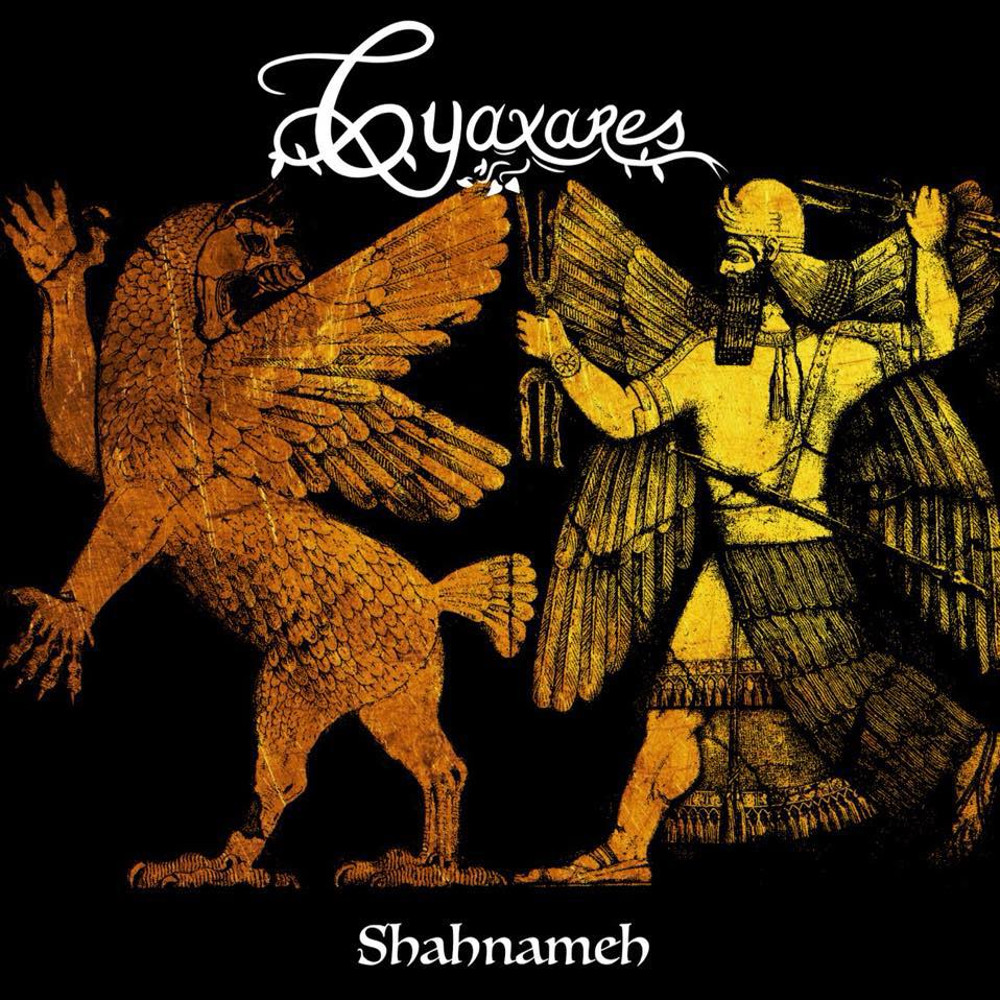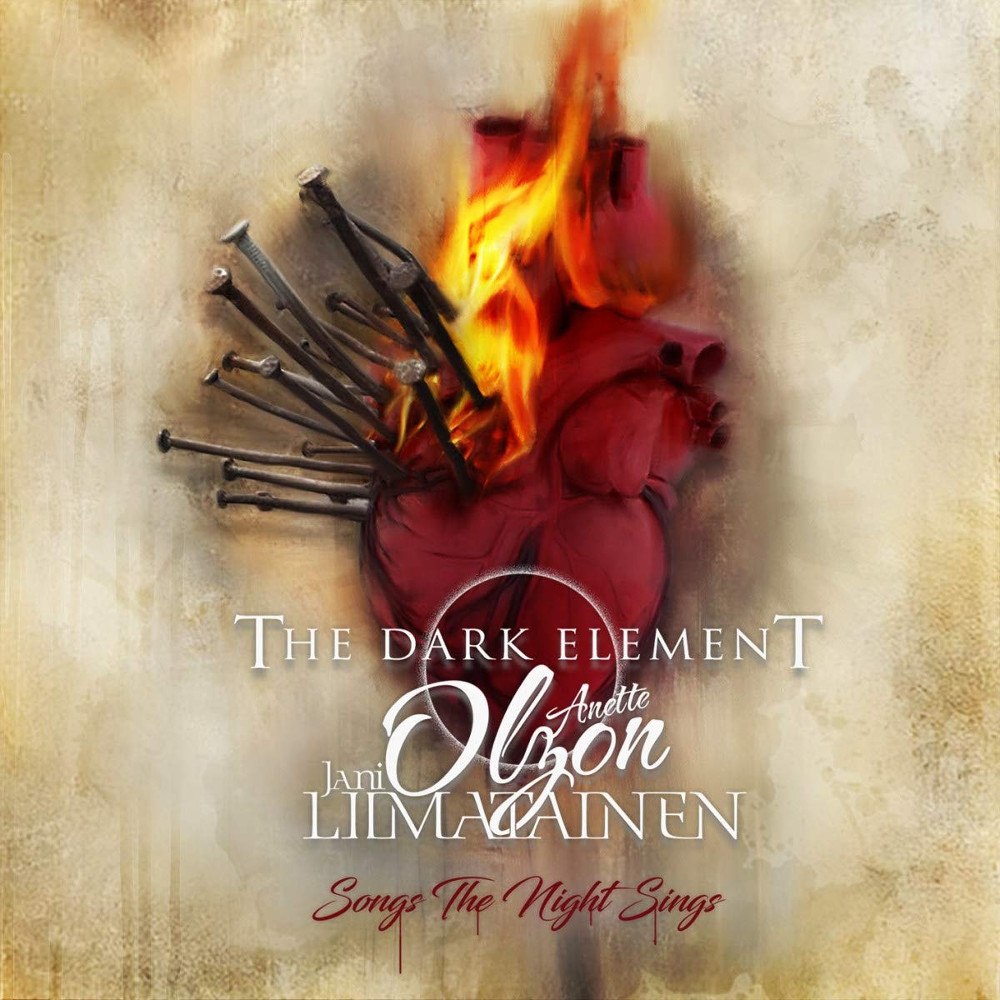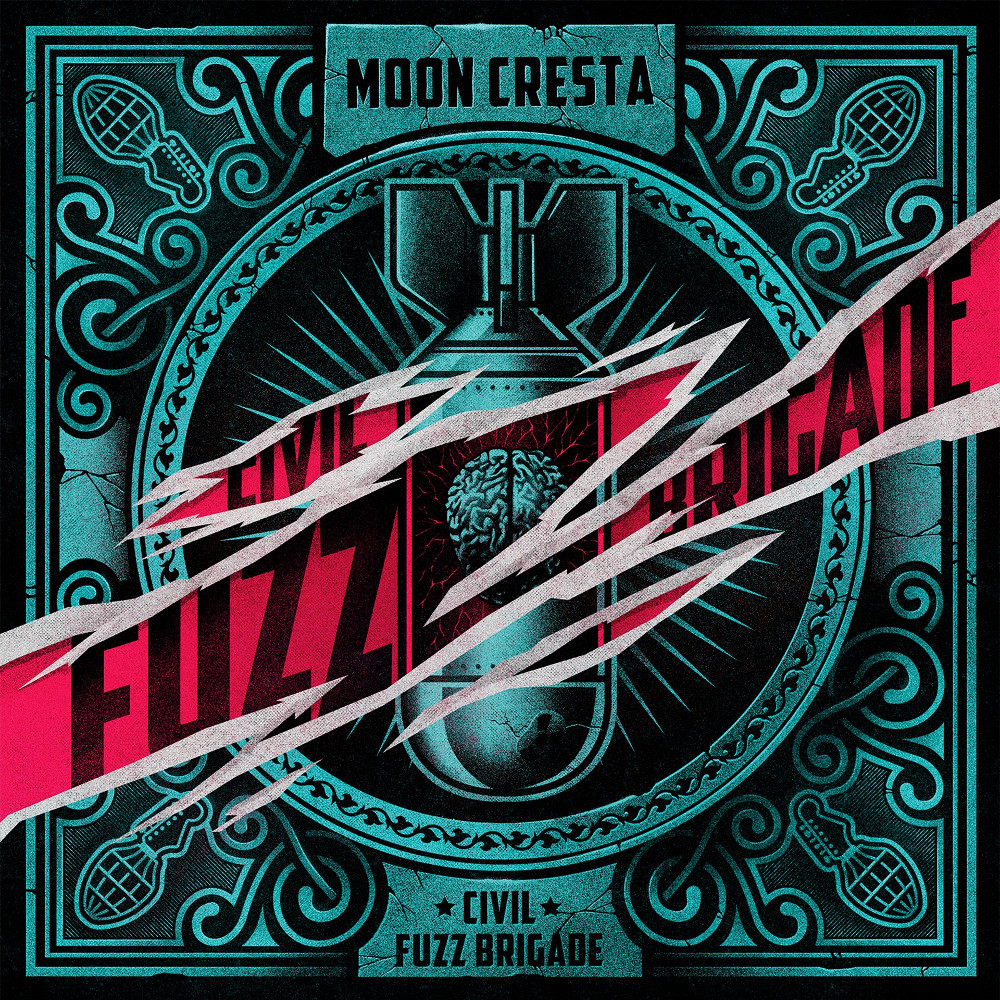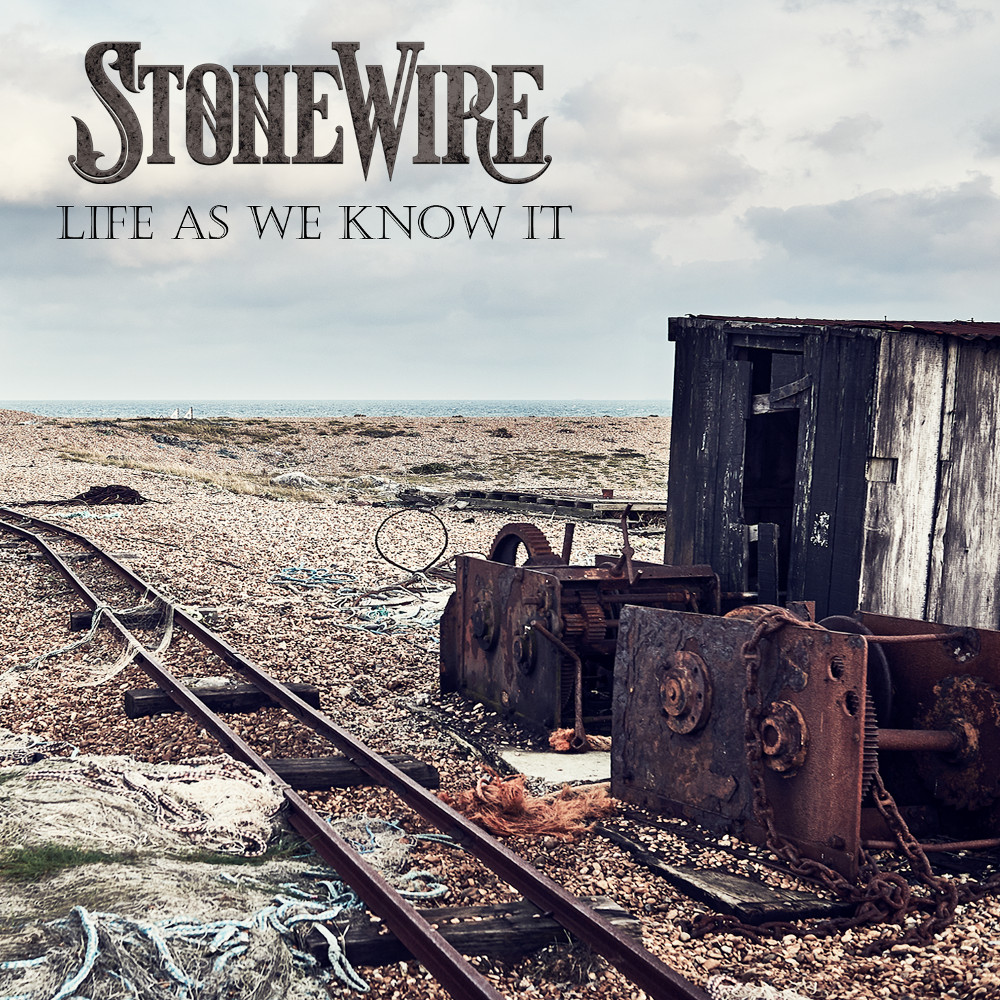 |
Country: Iraq
Style: Folk/Death Metal
Rating: 7/10
Release Date: 17 Dec 2019
Sites: Bandcamp | Facebook | Metal Archives
I've noticed a lot of trends during this wildly exploratory year and one of them is the preponderence of one man bands in farflung climes. If anyone has kept a list, here's another one to add to it. Cyaxares is a solo project of one Mir Shamal Hama-faraj, who also sings for a thrash metal by the name of Dark Phantom. That's a five man band with all the expected instrumentation, but he took all that on himself here. I'm sure the female voice on The Whirling Sufi isn't his, but I believe everything else is him.
And it's interesting material, located somewhere on the boundary of folk and death metal. I've seen a lot of descriptions that emphasise the latter, like Mesapotamian death metal, Middle-Eastern death metal, Oriental death metal and Kurdish death metal. The folk element is obvious almost throughout, so it makes sense to me for Metal Archives to combine the two genres, listing Cyaxares as folk/death metal.
The more folk Cyaxares get, the more I like it, perhaps because Mir's vocals are easily my least favourite aspect (followed by the length of the album, a scanty half hour, even including the second version of Seraphim that appears here as a bonus). He has a capable death growl but, like so many death metal singers, he struggles to make that vocal be anywhere near as varied as the music that he plays around it. It's neatly buried on Temples of Fire, where it works well as an instrument, but the clean vocals, both male and female, on The Whirling Sufi add an extra level that I missed thereafter.
What impressed me most here was the versatility. While there's a consistent feel to the album, perhaps inevitably given that every instrument on every track is played by the same man, none of the songs here sound particularly like each other. Mir likes to combine softer intros with harder tracks, but the melancholy chimes that kick off Seraphim highlight how it isn't always lively folk dances that introduce these songs.
I liked both the straightforward, albeit rather bouncy, death of Temples of Fire and the lively folk of The Whirling Sufi, both songs finding strong but very different grooves. I liked the way both styles combine in The Anunnaki, which kicks off with a folky dance but evolved into a thrashy sort of death at a serious clip. It's hard not to move to some of these intros, The Horns of Hattin including perhaps the liveliest. I wonder if these are traditional melodies or new compositions by the man of the hour.
I wonder too how many instruments Mir plays here. Obviously, there are drums and guitars. There's a menacing bass during the intro to The Anunnaki and it underpins most of the album if you focus. I'm hearing flute, organ and a set of hand drums too, among others, and I wonder just how many instruments Mir plays or whether he brought in any other guests.
Regardless of the answers to those questions, I liked this a great deal and I'm happy to be wrapping up the decade with a review of something this good and this different. I just wish there was more of it. Take away that second, more emphatic, version of Seraphim and it's shorter than Reign in Blood. I'm thinking of tracking down those earlier EPs and seeing how long they extend this as a listening session.
I'm also certainly eager to hear anything else Mir is involved in. It looks like, in addition to Cyaxares and Dark Phantom, there's a death metal band called Torture Hymns which features Mir on all the instruments and a Syrian gentleman called Sami on vocals. We live in interesting times.
And, to update my original review, this is a more interesting album than I'd previously thought. Thanks to Jason Paul Lamtman of Ohio Entertainment Group for filling me in on the background. It seems that the two EPs that Cyaxares previously released were longer than they might seem on Bandcamp, as this is a compilation/rerecording of the best songs from them and all the songs that made the cut for this were removed from them on Bandcamp. And, with the band becoming just that with additional musicians in the US, I'm even more eager to see what Cyaxares comes up with next.


















